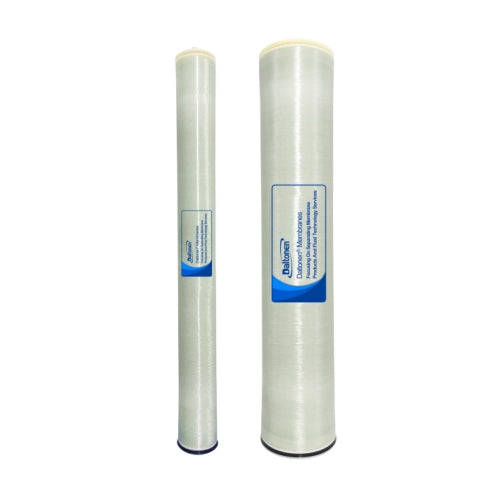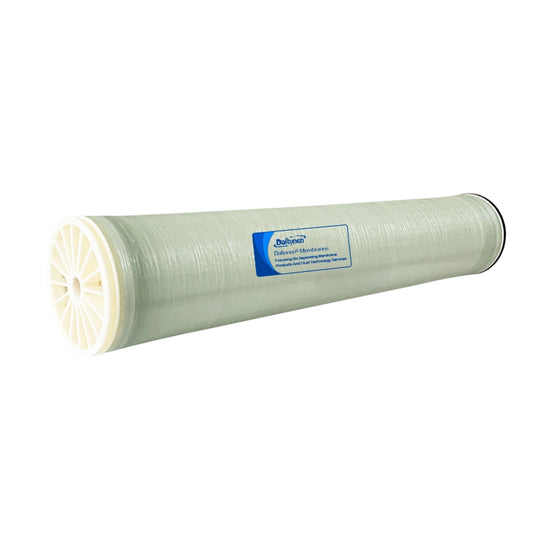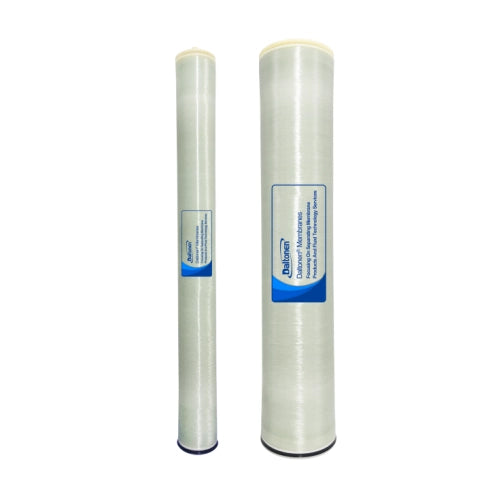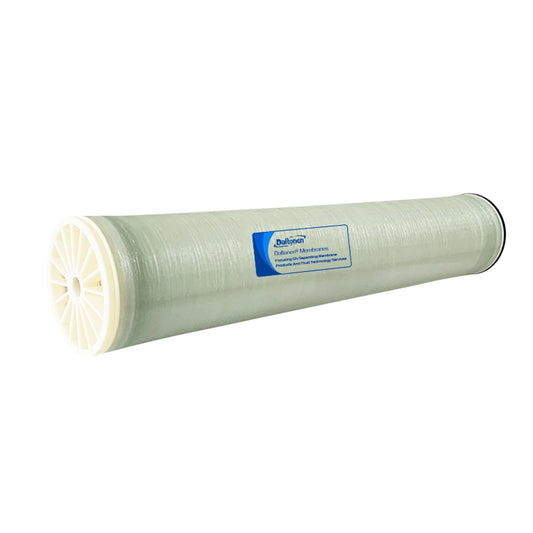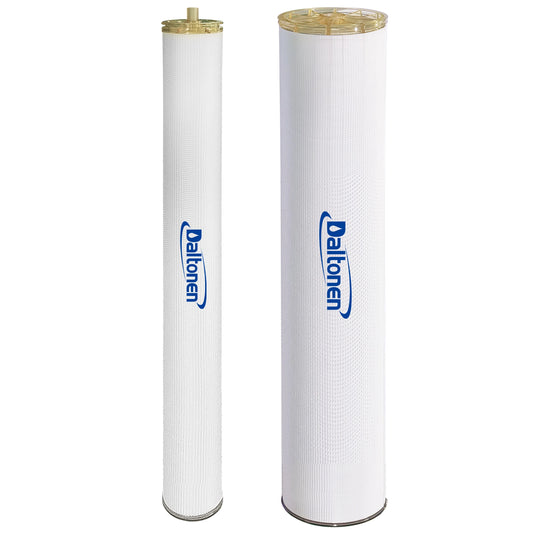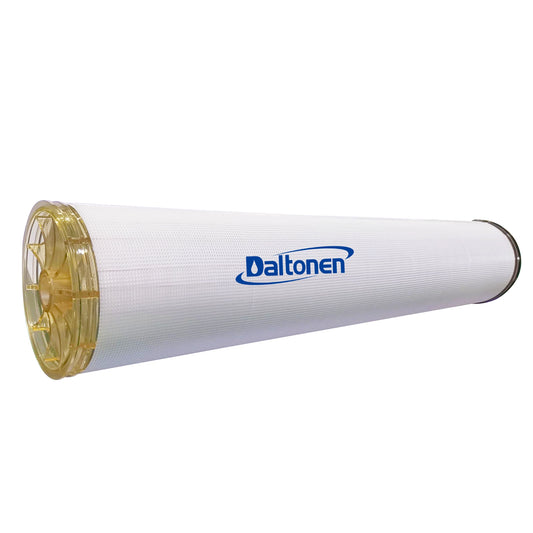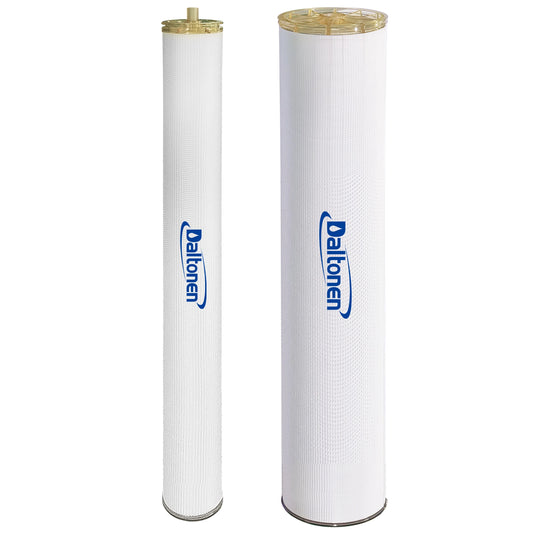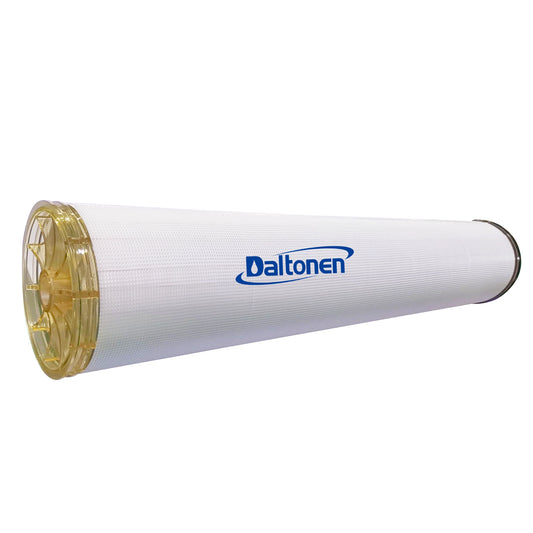Application of Nanofiltration Membrane in Dairy Processing
Application of Nanofiltration Membrane in Dairy Processing
Nanofiltration membrane technology, a separation technique between ultrafiltration and reverse osmosis with pore sizes of 0.5 - 2 nanometers, plays a crucial role in dairy processing. It can effectively separate multivalent ions, large organic molecules, and other impurities from solutions due to its high selective permeability. Below are the specific applications, effects, and advantages of nanofiltration membrane in dairy processing:

Specific Applications
1. Separation and Concentration of Whey Protein and Lactose
Nanofiltration membranes can retain large protein molecules while allowing small molecules like lactose to pass through. During milk processing, they can precisely treat whey to efficiently concentrate and recover whey protein. For products requiring reduced lactose content (such as low - lactose milk), nanofiltration membranes can accurately control lactose removal.
2. Control of Fat and Minerals
In milk defatting, nanofiltration membranes can accurately remove fat particles, ensuring the final product meets preset fat content standards. They can also partially desalinate milk, especially removing divalent ions like calcium and phosphorus.
3. Continuous and Automated Production
Industrial - scale nanofiltration membrane technology operates continuously, performing separation and concentration at ambient or near - ambient temperatures without high - temperature treatment, significantly reducing energy consumption.
4. Environmental Benefits and Resource Recycling
Using nanofiltration membrane technology to treat dairy processing wastewater can efficiently recover valuable components like whey protein, lactose, and other beneficial substances, reducing the environmental impact of the dairy industry.
Effects
1. Improved Product Quality
Nanofiltration membrane technology can effectively remove bacteria and spores from dairy products without altering their original flavor and nutritional components, extending shelf life.
2. Reduced Production Costs
This technology reduces reliance on food additives, enabling the production of healthier, more natural dairy products while lowering production costs.
3. Increased Product Value - Added
Nanofiltration membranes can precisely treat whey to efficiently concentrate and recover whey protein, enhancing product value - added and reducing waste emissions.

Advantages
1. Efficient Defatting
The selective permeability of nanofiltration membranes can efficiently remove fat from milk, ensuring the purity and quality of skimmed milk.
2. Low Energy Consumption
Nanofiltration operates at low pressure, significantly reducing energy consumption compared to centrifugal separation.
3. Simple Operation
Nanofiltration equipment has a high degree of automation, with simple operation and easy maintenance.
4. Stable Product Quality
The nanofiltration process prevents fat aggregation, ensuring the uniformity and stability of skimmed milk.
5. Multifunctionality
In addition to defatting, nanofiltration can also remove some lactose, catering to diverse consumer needs.
6. Environmental and Sustainable
By concentrating and purifying beneficial components in milk, nanofiltration membrane technology reduces reliance on food additives, promoting the production of healthier, more natural dairy products.
Practical Cases
- Whey Protein Concentration
Nanofiltration membrane technology significantly improves whey protein recovery and concentration, increasing yield and reducing production costs.
- Lactose Removal
In Mozzarella cheese production, nanofiltration membranes remove lactose and lactic acid simultaneously from acidified sweet whey, achieving over 98% lactose retention and less than 37% lactic acid retention.
- Milk Defatting
Nanofiltration membrane separation equipment for milk defatting offers efficiency, energy - saving, and ease of operation, solving many problems of traditional methods.
Conclusion
Nanofiltration membrane technology has extensive applications in dairy processing. It enhances product quality and production efficiency while reducing environmental burdens, making it a key technology for sustainable development in the dairy industry. As technology advances, nanofiltration membranes will further optimize performance and expand applications, strongly supporting the dairy industry's development.
